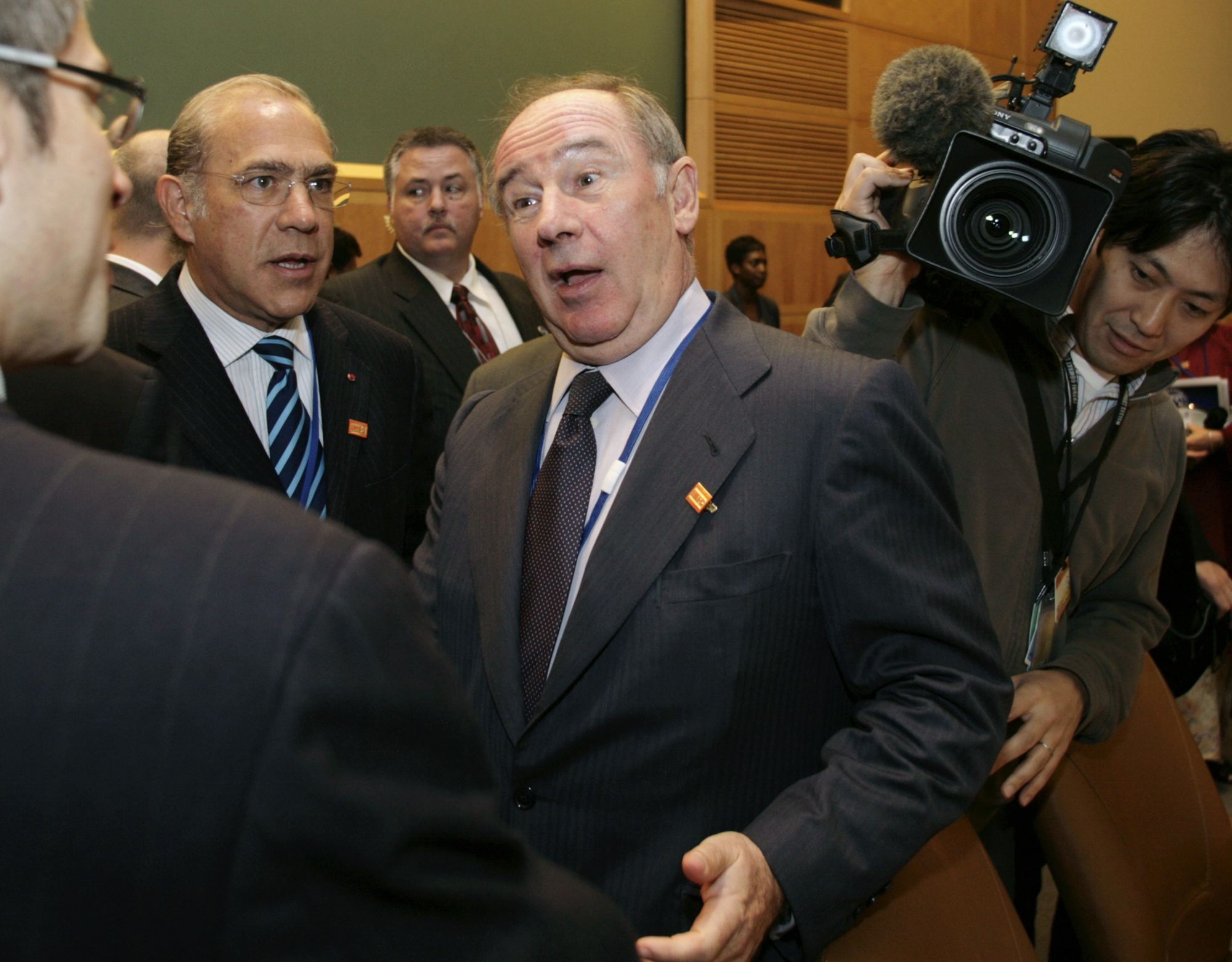
Are IMF chief Kristalina Georgieva’s troubles the result of darker forces at work?
- Bad luck seems to go with the job of heading the IMF, particularly when it comes to boosting the organisation’s reserve currency function
- Polarisation of influence within the IMF can only get worse as the US and China vie for global influence
Among the most “accident prone” people heading international organisations are managing directors of the International Monetary Fund (IMF) whose head Kristalina Georgieva is the latest to find herself in trouble. But is it really a case of accidents or are there deeper and darker forces at work?
Georgieva and her former World Bank colleagues have denied any wrongdoing and the IMF executive board has launched a formal review. Meanwhile, law firm WilmerHale is following up its first report with a second one addressing “possible misconduct of staff members” according to Reuters.
Georgieva led recent successful efforts to push through a US$650 billion increase in the IMF’s allocation of what are known as Special Drawing Rights (SDRs). These represent the IMF’s own international reserve currency and can be exchanged for dollars or other currencies.
The Trump administration in the US had opposed the SDR issuance last year; the Biden administration approved it this year despite opposition from some Republican quarters.
“The IMF Executive Board [has] concurred in my proposal for a new general SDR allocation [ …] – the largest allocation in the IMF’s history – to address the long-term global needs for reserves during the worst crisis since the Great Depression,” Georgieva said.
Washington tends to jealously guard its own position as issuer of the world’s principal reserve currency – the dollar – and does not take kindly to organisations beyond its direct control (such as the IMF) acting as a kind of rival in this respect.
The episode has eerie echoes of what happened in 2009 when then IMF managing director Dominique Strauss-Kahn was urging a huge increase in the IMF capital base so that the fund could act as a “global lender of last resort”, again threatening the US role in this regard.
The idea had Gallic logic because the existence of a pool of IMF-supervised global reserves would, as Strauss-Kahn argued, “avoid countries including China having to build up such big reserves”.

As reported at that time, Strauss-Kahn was paraded in handcuffs before international news cameras. The investigation into his nine-minute encounter with the Sofitel maid was avidly covered by the international news media. Charges were eventually dropped after doubts arose over the accuser’s credibility.
But the damage had been done, and the global reserves plan plunged into the dust along with the reputation and position of Strauss-Kahn, who had been a prospective candidate for the presidency of France at the time. The whole affair remained shrouded in mystery.

It is easy for IMF heads to make enemies. Like presidents of the World Bank, the IMF’s “sister” institution, they are not elected to office in the way that national leaders and politicians are, yet they enjoy a degree of international prestige that is sometimes the envy of their nominal bosses.
Polarisation of influence within the IMF can only get worse as the US and China vie for global influence while other countries or regional blocs are forced by economic circumstance to take sides. At least one influential Chinese voice has suggested the creation of a Chinese or Asian version of the IMF.
Meanwhile, the critical question of who should create and control an official reserve currency for the world to rival or replace the dollar remains unanswered, and anyone with the temerity to suggest an alternative tends to meet with an “accident”. “Bad money drives out good”, to quote Gresham’s Law.
Anthony Rowley is a veteran journalist specialising in Asian economic and financial affairs

